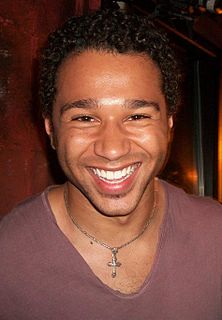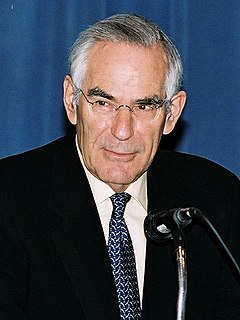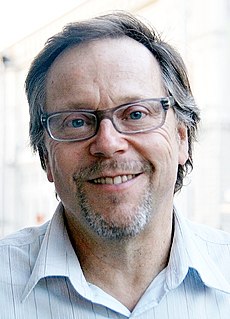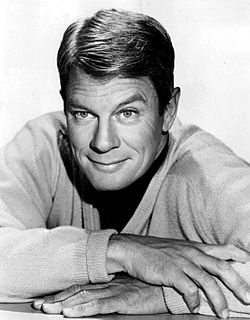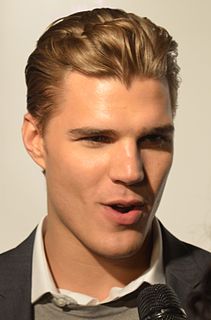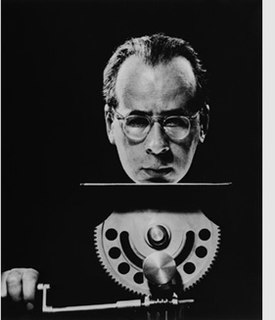A Quote by Ren Ng
When a regular camera focuses physically, what the regular camera is doing is adjusting the lens relative to the sensor to bring different parts of the scene into focus.
Related Quotes
I had very good LSD, but the problem was - I tried making a film, or doing some filming, when I was on LSD, and it's impossible. I couldn't focus. I tried focusing, but when I looked through the lens, I'd see all different layers of focus, and I couldn't find which was the real one behind the camera. And I just thought, this does not work, and I never tried that again.
In drama, you're interacting with other actors to tell the story. The camera is like the theater: it's the artistic fourth wall. In a screen play, you don't look at the camera and communicate with it. But with hosting, you're looking right into the lens and talking to the people. It is a different style, and it's fascinating.
The difference between a regular camera and a 3D camera, for an actor, is really no different except that the turn-arounds are longer. It takes a lot longer to set up a shot because the cinematographer is really trying to set up a whole world, so it can't be more intricate and more beautiful to the viewers, in 3D.
The difference between an amateur and a professional photographer is that the amateur thinks the camera does the work. And they treat the camera with a certain amount of reverence. It is all about the kind of lens you choose, the kind of film stock you use… exactly the sort of perfection of the camera. Whereas, the professional the real professional – treats the camera with unutterable disdain. They pick up the camera and sling it aside. Because they know it’s the eye and the brain that count, not the mechanism that gets between them and the subject that counts.
You carry that through and adapt it to a camera lens, but you're quite right, you cannot be sure of what an audience is going to do. You don't know what's going to happen to the piece you're doing anyway. You don't know how it's going to be edited. There are a lot more unknowns in cinema. But that you have to readily accept. That's when, I think, you have to forget about intellect, to a degree. Intuition is very important when you're working with a lens, I believe, for what the lens is doing, too.

